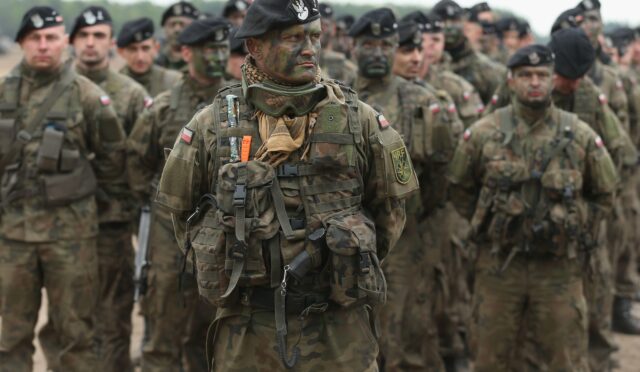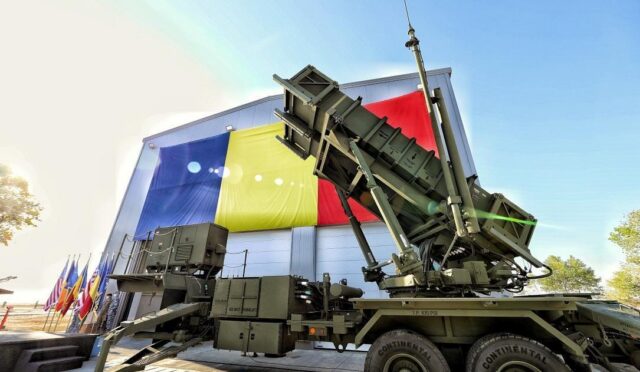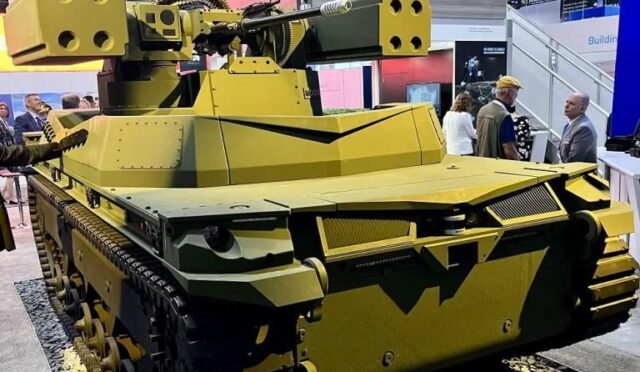US Military Operations Yield Significant Results Against ISIS
On Wednesday, US military officials revealed the successful outcomes of recent international coalition operations in Iraq and Syria, which resulted in the detention of a key Islamic State (IS) leader and the elimination of two other operatives. The US Central Command communicated via X that these operations, conducted between May 21 and May 27, were pivotal in disrupting IS’s capabilities to plan and execute attacks against civilians and allied forces in the region.
These operations involved six significant missions—five in Iraq and one in Syria—leading to the death of two IS operatives and the detention of two, including the aforementioned leader. Moreover, multiple weapons caches were seized during these engagements. USCENTCOM Commander Michael Erik Kurilla emphasized the commitment of US forces and their allies to the ongoing struggle against ISIS, highlighting that operations of this kind are crucial for ensuring the group’s enduring defeat in the area.
Context of the Ongoing Campaign Against ISIS
The operations targeting ISIS in Iraq were executed primarily by Iraqi forces in northern regions where IS cells continue to pose threats. Since declaring a ‘caliphate’ in 2014, ISIS had gained control over vast territories in Iraq and Syria, leading to a reign of terror. However, the tide turned when Iraqi forces, bolstered by international support, managed to defeat IS in late 2017, culminating in the group’s loss of its final hold in Syria by 2019.
Despite the territorial losses, ISIS has managed to maintain an operational footprint, particularly in northeast Syria, where it often engages Kurdish-led forces. In Iraq, IS predominantly carries out attacks in rural environments. Approximately 2,500 US troops are currently stationed in Iraq, which has developed its own security capabilities to address these jihadist threats. Recently, both the US and Iraq announced plans to conclude the international coalition’s military presence in federal Iraq within the next year, with a similar timeline established for the Kurdistan region by September 2026.
Recent Diplomatic Engagements Amid Military Actions
During a recent tour of the Gulf region, US President Donald Trump had discussions with Syria’s interim President, Ahmed al-Sharaa, in Saudi Arabia. A key outcome of this meeting was the announcement regarding the easing of sanctions on Syria, marking a significant shift in policy amid ongoing military operations against ISIS. This development comes at a time when regional dynamics are rapidly evolving, and the US aims to foster stability in the area.
The lifting of sanctions represents an effort to potentially engage more constructively with Syria while still addressing the ongoing threat posed by ISIS. As US military operations continue against extremist groups, the interplay of diplomatic efforts is crucial for achieving long-term peace and security in both Iraq and Syria.







